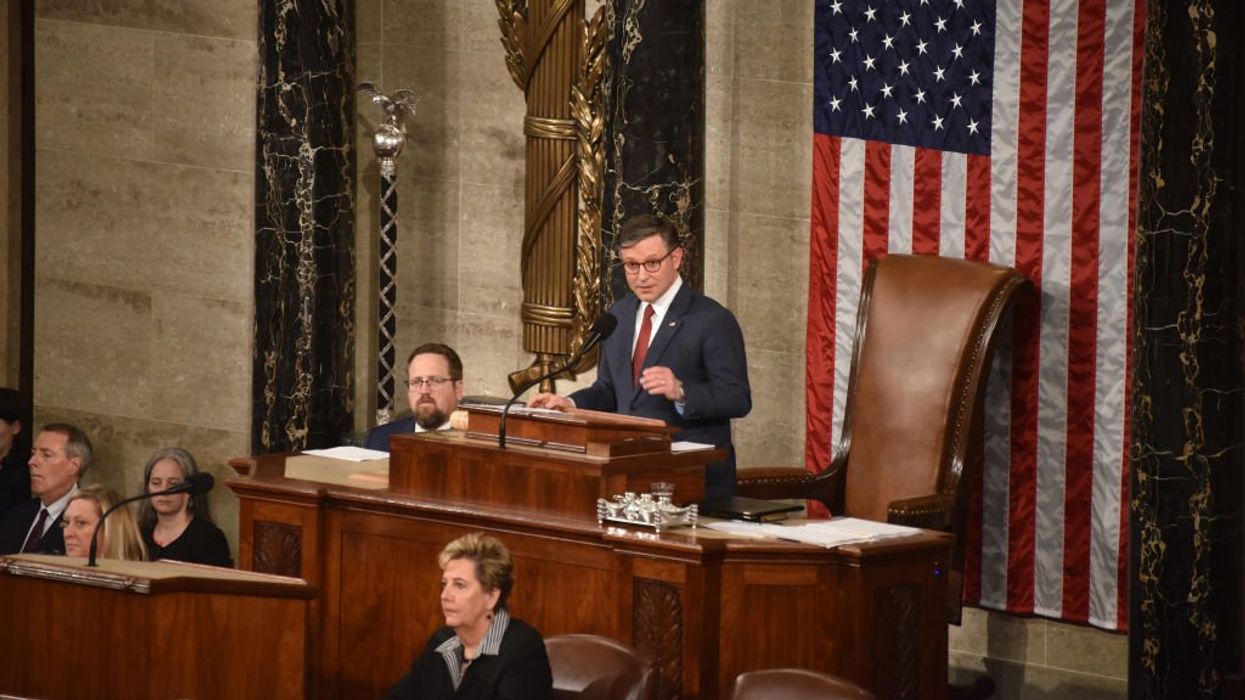The GOP has a tough task ahead: dealing with a looming financial crunch in Washington next year. Key parts of the 2017 Tax Cuts and Jobs Act (TCJA) will expire, adding to the national debt, which has already hit $36.1 trillion. Contributing to the problem, the spending ceiling under the Pay-As-You-Go Act will require $190 billion in cuts, and enforceable caps on discretionary spending will also end. If Congress doesn’t act, an additional $5 trillion could be added to the debt in the coming year, according to the Economic Policy Innovation Center.
Investors are growing increasingly concerned about the rising national debt. Despite the Federal Reserve cutting rates, economists are worried about climbing bond yields, while Treasury officials are concerned about weak bond sales this year. Meanwhile, new interest payments on the debt have leap-frogged over the defense budget as the fastest-growing item of the federal budget.
There is no easy fix. Congress must change its recent behavior and start acting responsibly. It must begin by weighing the long-term consequences of any decisions.
The TCJA has been credited with boosting economic growth and generating tax revenue. But, at the same it also helped to increase the national debt. As Congress reconsiders the law, it should keep the parts that spur investment and economic growth. For instance, the 20% tax deduction for pass-through businesses and the ability to write off capital investments immediately are keepers.
Despite the GOP’s insistence to the contrary, not every tax cut in the TCJA should be continued. GOP proposals like cutting the corporate tax rate even further would add billions to the deficit. Another in the must-to-avoid category is universal tariffs, which are likely to send the economy into a tailspin by increasing inflation, alienating trade partners, and, generally, harming American consumers’ finances.
As usual, Congress is focused on the wrong culprit. What truly drives our debt problem is non-discretionary spending. Social Security and Medicare are predicted to grow rapidly as more Americans retire. While, at the same time, interest payments on the debt will continue to expand. Taken together, these three parts of the budget will account for 77% of total spending growth over the next ten years.
The types of reforms advocated by Elon Musk and others, like ending telework for federal workers, might save some money, but by themselves will not fix the larger problem. Congress must be willing to address the primary drivers of the ballooning debt: entitlements and interest payments. However, it must fix these problem areas without at the same time imposing undue burdens on middle-class families.
One area where Congress can make a big impact is by closing tax loopholes. These special exclusions, deductions, and credits add up to $1.8 trillion a year in foregone revenue and mainly help high-income earners and businesses. Examples include tax breaks for employer-provided health insurance, capital gains from home sales, and municipal bonds.
Another budget buster is the well-intentioned $7,500 electric vehicle subsidy from Biden’s Inflation Reduction Act. This government program could be adjusted to better target middle- and low-income Americans. The same reasoning applies to other tax benefits like the student loan interest deduction and housing credits, which should also focus on less affluent Americans.
The national debt is a complex problem that won’t be solved with glib rhetoric and fiscal band-aids. To get the country on the right track, Congress will need to do two things: responsibly reduce spending and improve the tax code to ensure everyone pays their fair share. Protecting critical programs like Social Security and Medicare must remain a priority. Still, reforms—like negotiating drug prices or lifting the income cap on payroll taxes—can help make these programs sustainable.
Besides closing loopholes that primarily help high-end taxpayers, reducing tax loopholes for special interests and big corporations, especially if they have used these benefits to their financial advantage in the past, should also be seriously considered.
The challenge will be balancing fiscal responsibility with the need to invest in healthcare, education, and infrastructure to support the economy long term.
The new GOP-led Congress has a tough road ahead. But with smart, fair decisions, lawmakers can help avoid a fiscal crisis while building a stronger foundation for future generations.
Robert Cropf is a professor of political science at Saint Louis University.




















Trump & Hegseth gave Mark Kelly a huge 2028 gift